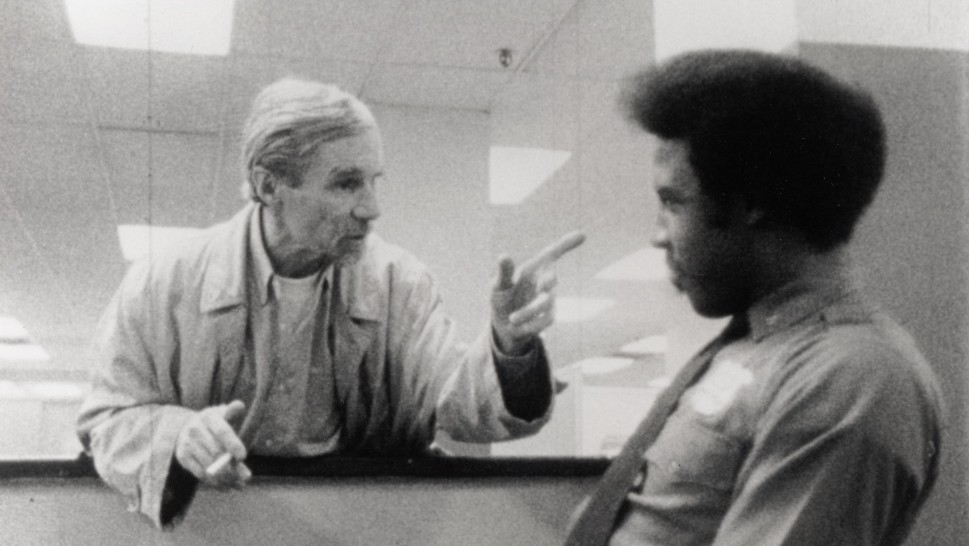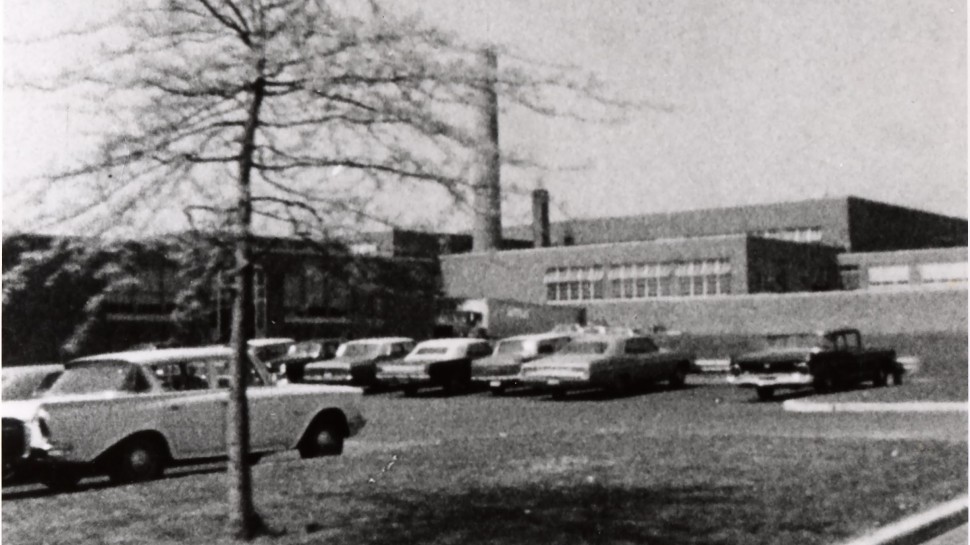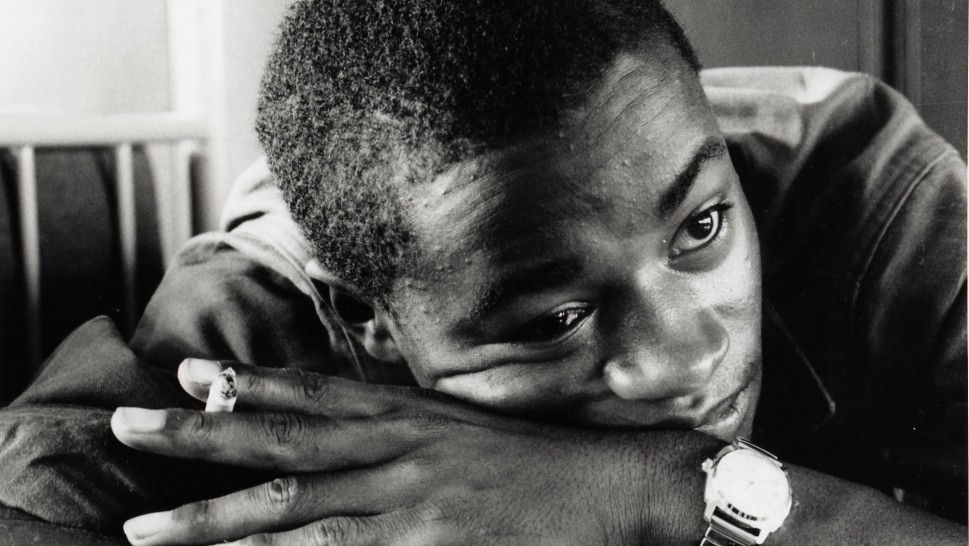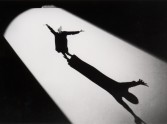



Frederick Wiseman, Institution U.S.A.
It was first as a teacher of criminal law that Frederick Wiseman (b. 1930) ventured down the shadowy corridors of the institutions he would later conscientiously illuminate on film. His inaugural foray into documentary cinema, the seminal Titicut Follies (1967), proved so shocking in its unadorned rendering of a state mental institution that it remains the only American film to have been completely censored for reasons other than obscenity or national security. Yet the controversy in no way deterred Wiseman from continuing to maneuver through similar halls and uncovering the unruly humanity and institutional psyche within them.
From court, hospital, school, public housing development and military base, to monastery, meat-processing plant and even the entire town of Belfast, Maine, most of his thirty-eight films comprise a dramatic social chronicle of the American Institution – in all of its variously rigid and amorphous manifestations. Whether revealing corners of society hidden from view or enlarging the perspective on those too familiar to be seen, Wiseman's panoramic views of social microcosms offer both vital records of American lives and ideologies and artful expositions of the human condition.
In line with the "direct" and "observational" movements in documentary filmmaking, Wiseman invented his own technique of what he half-jokingly calls "reality fiction" – acknowledging his subjective, yet remarkably evenhanded act of interpreting reality. Exceptional even among his like-minded contemporaries, Wiseman keeps dramatic manipulations, filmmaker intervention and judgment to an absolute minimum and includes no narration, music, explanatory intertitles, or interviews. Recording sound while long-time collaborator John Davey (and before him, William Brayne) shoots 16mm film, Wiseman then spends a long, intensive and monastic period editing the footage – abandoning standard narrative structure in favor of a more intuitive, dynamic placement around the accurate portrayal of his central protagonist: the place.
Time seems to unfold naturally, patiently immersing the viewer into the middle of the drama on the same footing as those filmed. Lengthy scenes expand into a comprehensive yet undefined view where multiple, minute revelations can erupt within the most mundane of situations. Apparently guided by a moral obligation to both his subjects and his viewers, Wiseman refuses exploitive manipulation and voyeuristic titillation. Instead, all are respectfully invited to navigate humanity's complex web on their own. Steering clear of the sensational, saccharine, and patronizing tone of "expert" commentaries, the audience is activated into paying attention to the nuance and details where the critical questions, arguments, laughter, anxiety, silence, discomfort and heartache reside.
Wiseman's cinema is a consummate and caring witness to the full spectrum of human heroics and follies – from the inarticulate to the eloquent, the convoluted to the beautiful, dark to light, the ordinary to the extraordinary. Drawn to the well-worn stage of everyday life, in recent years Wiseman has been inspired by his love of theatre and ballet performances, particularly those in Paris, where The Last Letter, his single fictional excursion takes place. There, as in all of his work, Wiseman gently wrings the heart of the most unassuming situations in order to exhibit the myriad constellations of beliefs, laws and lifestyles that together comprise the soul of a nation. – Brittany Gravely
Frederick Wiseman will also deliver the 2011 Phelps Lecture entitled "Shooting, Editing, and Reading a Documentary Film" at the Radcliffe Institute Gymnasium on December 1 at 4pm.























